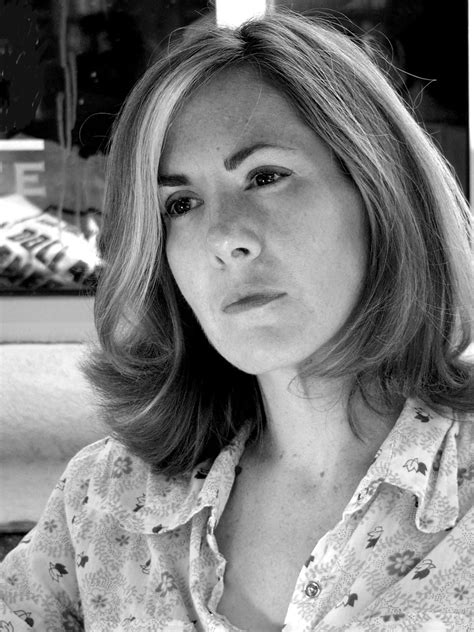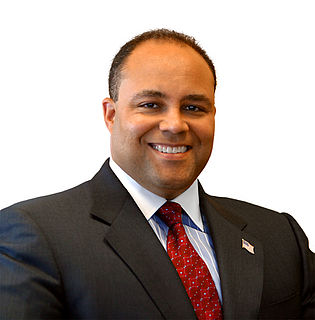A Quote by Clay Shirky
We systematically overestimate the value of access to information and underestimate the value of access to each other.
Quote Topics
Related Quotes
In the Internet world, both ends essentially pay for access to the Internet system, and so the providers of access get compensated by the users at each end. My big concern is that suddenly access providers want to step in the middle and create a toll road to limit customers' ability to get access to services of their choice even though they have paid for access to the network in the first place.
I know there's a part of the feminist world that is like, "Hey, screw 'em, we'll do our own thing over here," and I can see there's a value in that. But a kind of nudgy part of me thinks: No. I want access, and I want my daughters to have access to the exact same thing, because we all know there's no such thing as separate but equal.
Differences of power are always manifested in asymmetrical access. The President of the United States has access to almost everybody for almost anything he might want of them, and almost nobody has access to him. The super-rich have access to almost everybody; almost nobody has access to them. ... The creation and manipulation of power is constituted of the manipulation and control of access.






































